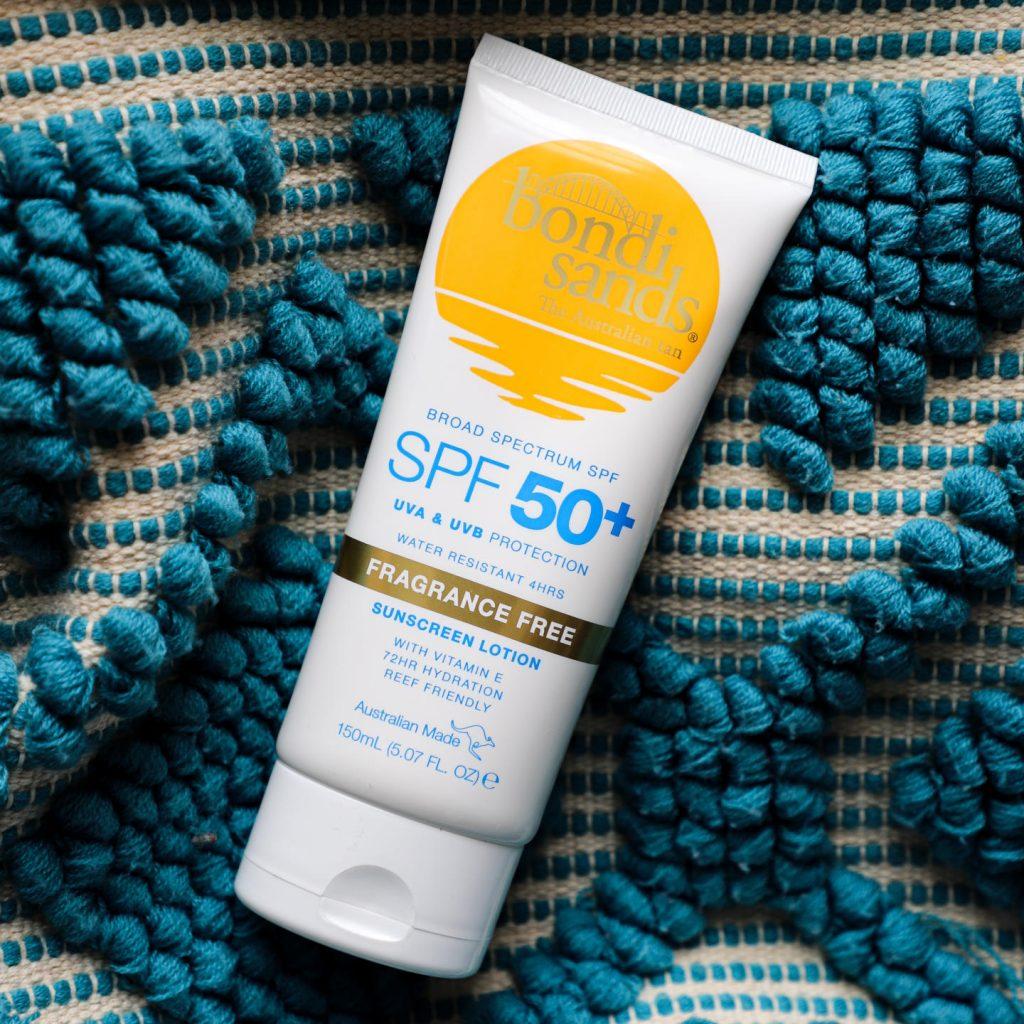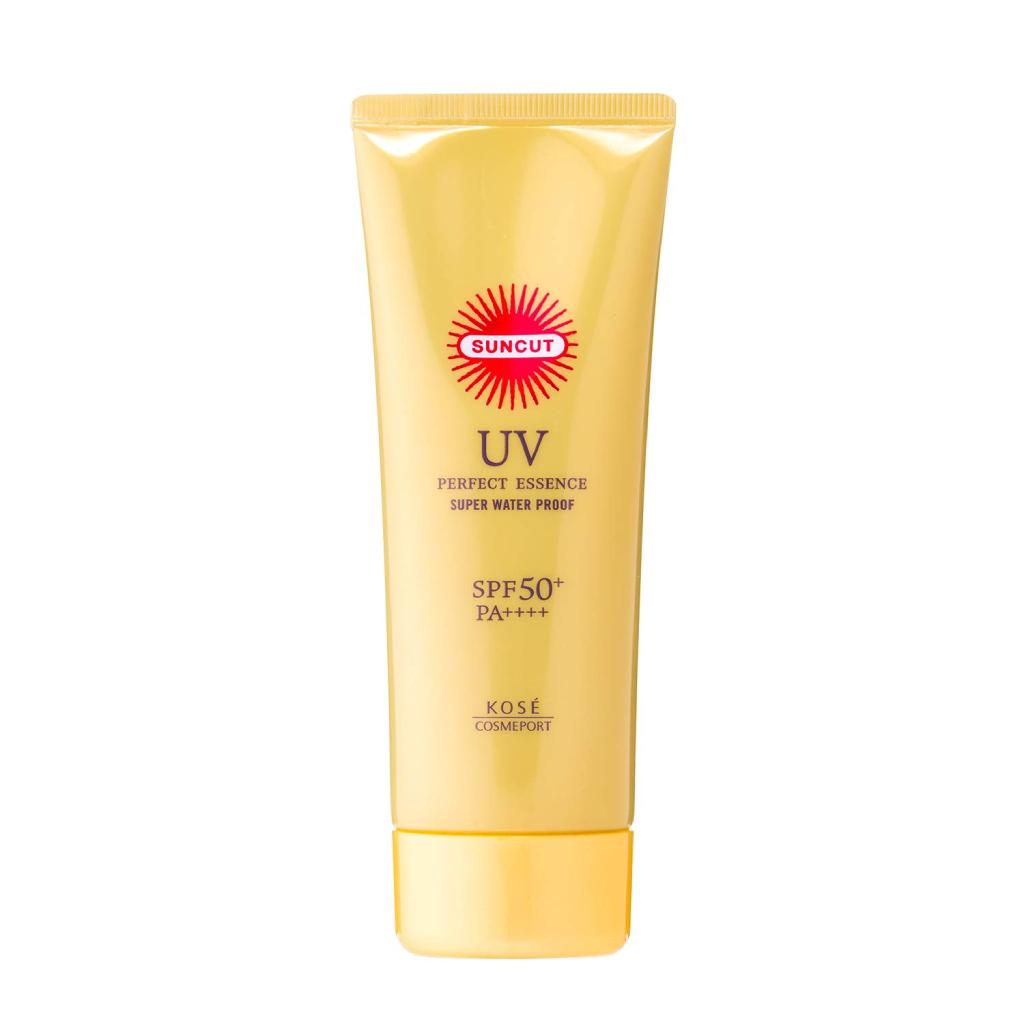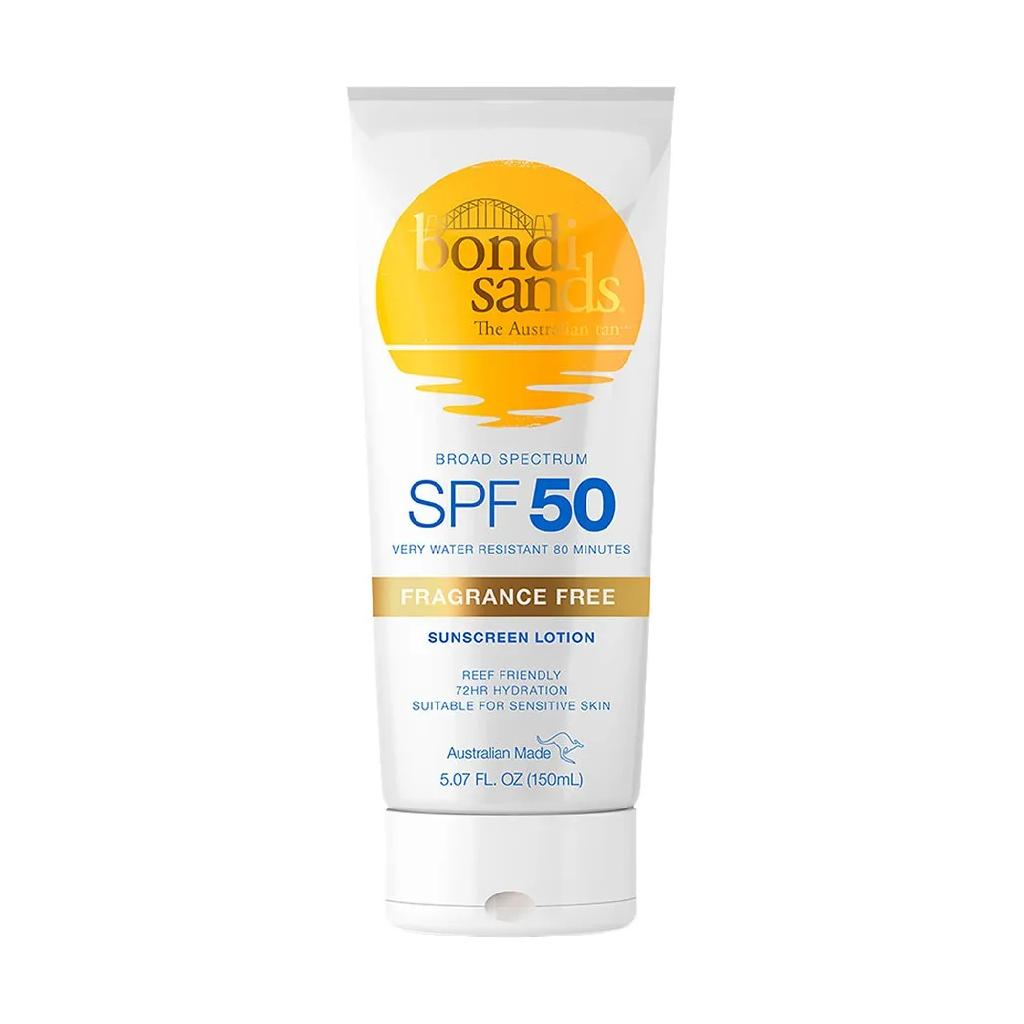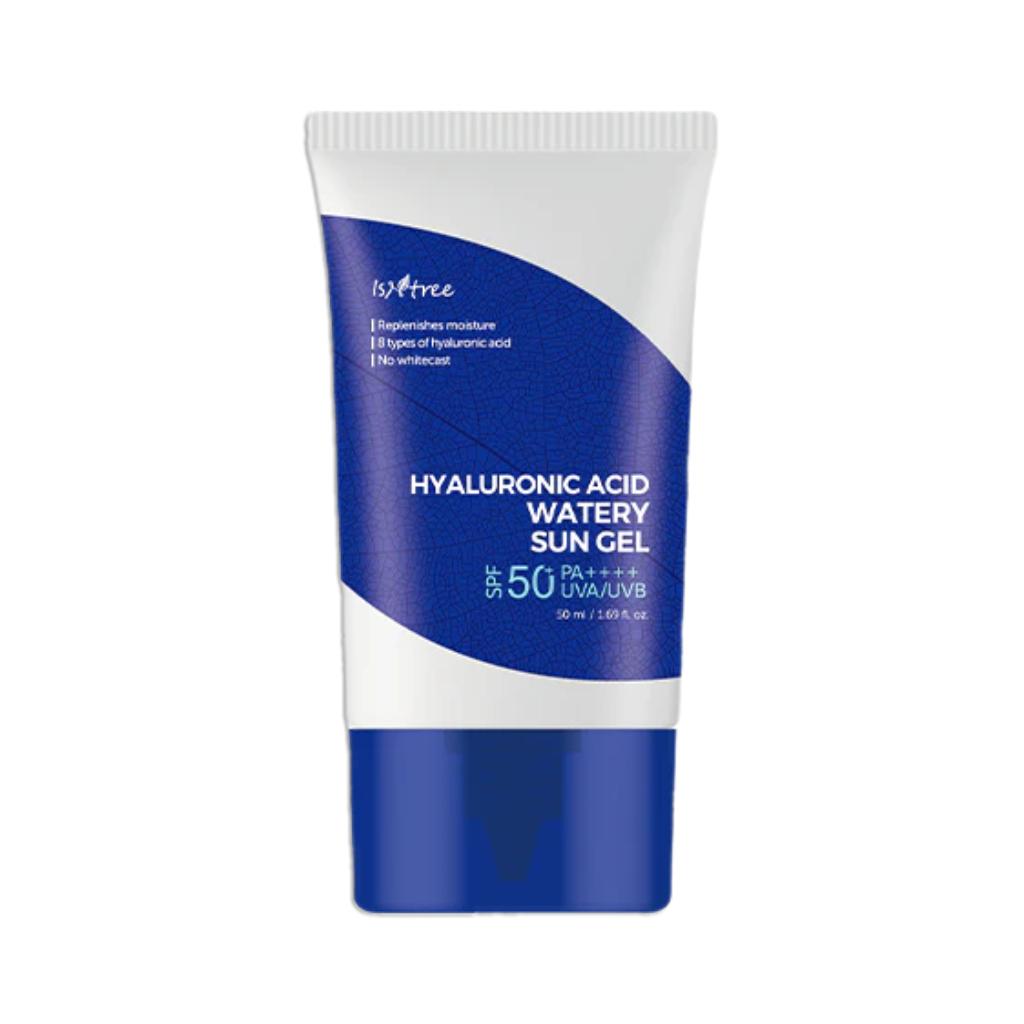Choosing the right sunscreen is crucial for protecting our skin from harmful UV radiation. The debate between mineral and synthetic sunscreens has become increasingly important. In this blog, we will explore the differences between these two types of sunscreens by examining their ingredients, understanding how they work, and weighing the pros and cons of each option.
Please note that mineral sunscreens are also known as physical sunscreens and synthetic ones are also referred to as chemical sunscreens.

Ingredients
Mineral sunscreens
Mineral sunscreens are also known as physical sunscreens. They contain active ingredients such as zinc oxide and titanium dioxide. These minerals create a physical barrier on the skin, reflecting and scattering UV rays.
Synthetic sunscreens
Different from mineral/physical sunscreens, these ones include organic compounds like avobenzone, octinoxate, and oxybenzone. They are also known as chemical sunscreens and they work by absorbing UV rays then converting them into heat.

How they work:
Mineral/Physical sunscreens
They work as soon as they are applied to the skin. The minerals in the sunscreen create a physical shield that reflects and scatters UV rays away from the skin’s surface, providing immediate protection.
Synthetic/Chemical sunscreens
These require approximately 20 minutes to become fully effective after application. The organic compounds in these sunscreens absorb UV rays, converting them into heat and preventing them from penetrating the skin.
Pros & Cons
Synthetic sunscreens
Benefits:
1. Transparency: Synthetic sunscreens are typically transparent upon application, leaving no visible residue or white cast on the skin.
2. Lightweight: These sunscreens often have a lighter texture, making them easy to apply and suitable for everyday use.
3. Availability: Synthetic sunscreens offer a wide range of options, making it easier to find a product that meets specific needs.
Disadvantages:
1. Chemical Absorption: Some individuals have concerns about the potential absorption of chemicals into the skin, although further research is needed to fully understand the long-term effects.
2. Skin Sensitivity: Certain chemical sunscreen ingredients may cause skin irritation or allergic reactions in some individuals.
3. Photostability: Some synthetic sunscreen ingredients may degrade when exposed to sunlight, potentially reducing their effectiveness over time.
Below are some awesome chemical sunscreens that you can choose from:
Mineral sunscreens
Benefits:
1. Effective Protection: Mineral sunscreens offer immediate and reliable protection against both UVA and UVB rays.
2. Gentle on Skin: They are generally well-tolerated by most skin types, including sensitive skin.
3. Stability: Mineral sunscreens tend to be more stable in sunlight, providing longer-lasting protection.
Disadvantages:
1. White Residue: Some mineral sunscreens may leave a white cast on the skin due to their reflective properties, although newer formulations have reduced this effect.
2. Texture: Mineral sunscreens can have a thicker texture, which may feel heavier on the skin.

In conclusion, choosing between mineral and synthetic sunscreens ultimately depends on personal preference, skin sensitivity, and individual needs. Mineral sunscreens provide immediate and effective protection, making them suitable for a wide range of skin types.
On the other hand, synthetic sunscreens offer transparency and lightweight textures, but individuals with sensitive skin or concerns about chemical absorption may opt for mineral alternatives. Therefore, assessing the pros and cons of each option can help make an informed decision and ensure adequate sun protection.
Disclaimer: The information provided on this website, including the blogs and articles, is not intended to replace or substitute professional skincare advice, diagnosis, or treatment. Always seek the advice of a qualified skincare professional or dermatologist for personalized recommendations and guidance regarding your specific skin concerns
Sources of information:
- Wikipedia contributors. (2023, July 19). Sunscreen. In Wikipedia, The Free Encyclopedia. Retrieved 04:07, July 19, 2023, from https://en.wikipedia.org/w/index.php?title=Sunscreen&oldid=1166038491
- Obanla, Oyinlola & Elizabeth, Ojewumi & Omodara, Oladele & Falope, Funmi & Gbadamosi, Olaitan & Ayoola, Ayodeji. (2019). Comparative and experimental study on the properties and potency of synthesized organic and mineral sunscreen moisturizer. 10. 612-625.
Adams, M. (n.d.). Mineral or chemical sunscreen: Which should you choose? MD Anderson Cancer Center. https://www.mdanderson.org/cancerwise/is-mineral-sunscreen-better-than-chemical-sunscreen.h00-159540534.html
Mineral vs synthetic sunscreen differences | Paula’s Choice. (n.d.). Www.paulaschoice-Eu.com. Retrieved July 19, 2023, from https://www.paulaschoice-eu.com/mineral-vs-synthetic-sunscreen-ingredients
National Center for Biotechnology Information (2023). PubChem Compound Summary for CID 51040, Avobenzone. Retrieved July 20, 2023 from https://pubchem.ncbi.nlm.nih.gov/compound/Avobenzone.




